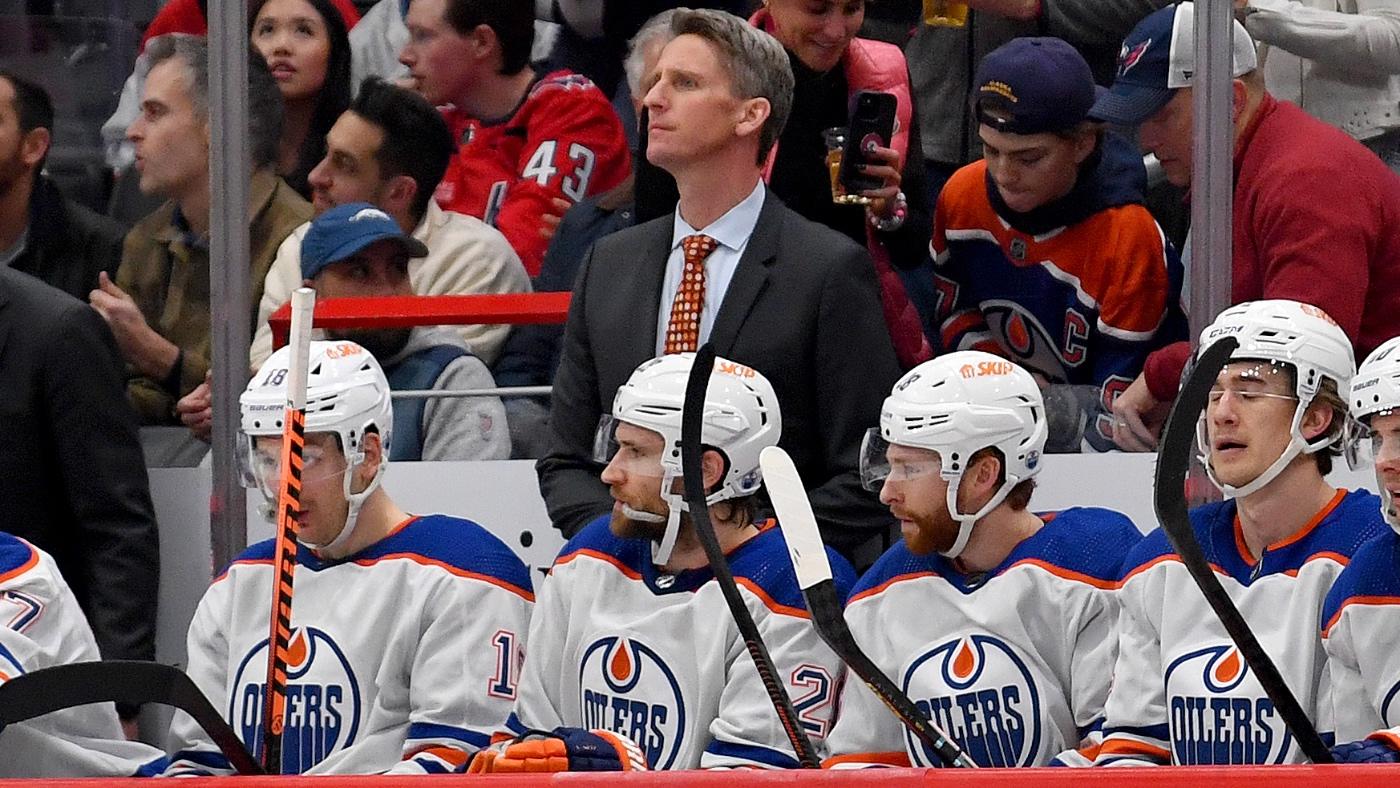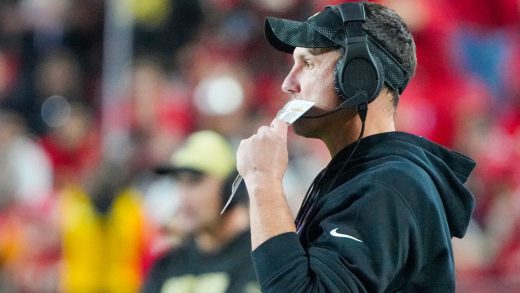
Analyzing the Effects of Kris Knoblauch and John Hynes on the Oilers and Wild: A Look into their Midseason Coaching Changes
Coaching changes in professional sports can often have a significant impact on a team’s performance. In the NHL, midseason coaching changes are not uncommon, and they can either rejuvenate a struggling team or fail to produce the desired results. This season, two teams that made coaching changes are the Edmonton Oilers and the Minnesota Wild. Let’s take a closer look at the effects of Kris Knoblauch and John Hynes on these teams.
The Edmonton Oilers made a coaching change in late November 2021, replacing Dave Tippett with Kris Knoblauch. Tippett had been with the Oilers since the 2019-2020 season but struggled to guide the team to consistent success. Knoblauch, who previously served as an assistant coach with the team, took over as the interim head coach.
Under Knoblauch’s guidance, the Oilers experienced an immediate improvement in their performance. The team’s offensive output increased significantly, and they became more aggressive in their style of play. Knoblauch’s emphasis on speed and creativity seemed to resonate with the players, resulting in an uptick in scoring chances and goals.
Furthermore, Knoblauch’s ability to connect with the players on a personal level played a crucial role in boosting team morale. He instilled a sense of confidence and belief in their abilities, which translated into better performances on the ice. The Oilers’ star players, such as Connor McDavid and Leon Draisaitl, thrived under Knoblauch’s system, leading to an overall improvement in the team’s record.
On the other hand, the Minnesota Wild made a coaching change earlier in the season, replacing Bruce Boudreau with John Hynes. Boudreau had been with the Wild since the 2016-2017 season and had achieved moderate success, but the team’s management felt a change was necessary to take the team to the next level.
Hynes, who previously coached the New Jersey Devils, brought a different approach to the Wild. He implemented a more structured defensive system and emphasized discipline and accountability. While the team’s offensive production did not see a significant increase, their defensive play improved noticeably.
Under Hynes’ coaching, the Wild became a more defensively responsible team. They reduced their goals against average and improved their penalty kill percentage. Hynes’ emphasis on team defense and attention to detail helped the Wild become a more difficult team to score against.
However, the change in coaching did not immediately result in a drastic improvement in the Wild’s overall performance. The team struggled to find consistency and went through a period of adjustment under Hynes’ system. While their defensive play improved, their offensive output suffered, leading to mixed results on the ice.
It is important to note that analyzing the effects of coaching changes can be complex, as many factors contribute to a team’s success or failure. Player injuries, roster changes, and overall team chemistry also play significant roles in determining a team’s performance.
In conclusion, midseason coaching changes can have varying effects on NHL teams. In the case of the Edmonton Oilers, Kris Knoblauch’s arrival brought an immediate boost in offensive production and team morale. On the other hand, John Hynes’ appointment with the Minnesota Wild led to improved defensive play but struggled to translate into consistent success. As the season progresses, it will be interesting to see how these coaching changes continue to shape the fortunes of these teams.


